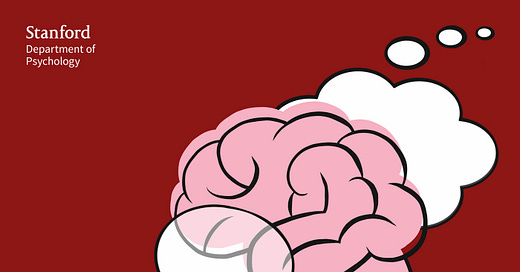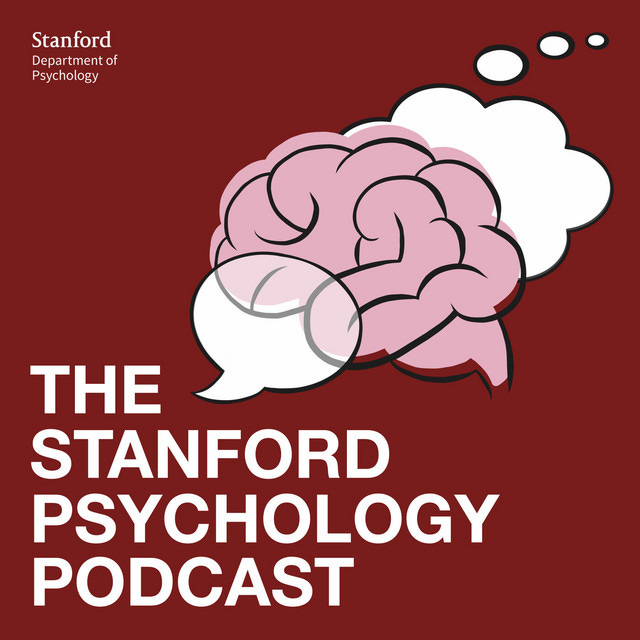Eric chats with Claude Steele, Emeritus Lucie Stern Professor of Psychology at Stanford. He is world-renowned for his work on stereotype threat and its application to minority student academic performance. In 2010, he released his book, Whistling Vivaldi and Other Clues to How Stereotypes Affect Us, summarizing years of research on stereotype threat and the underperformance of minority students in higher education. He is elected to the American Academy of Arts and Sciences and the National Academy of Sciences. He was Vice Chancellor and Provost at Berkeley and provost at Columbia and served as President of the Society for Personality and Social Psychology.
In this episode, Eric and Claude chat about Claude’s most recent thinking about stereotype threat, where people fear fulfilling stereotypes about their social groups. When and why does it matter? How can we create more inclusive and non-threatening environments, from work contexts to classrooms? What does it have to do with Carol Dweck’s growth mindset? Claude proposes that trust is essential to reduce stereotype threat: when people trust they are not judged for their social groups, they perform better. Finally, Claude shares how his growing up on the South Side of Chicago still influences his thinking, how he circuitously stumbled into psychology – and what it was like having Ted Bundy as one of his students!
WE NOW HAVE A SUBSTACK! Stay up to date with the pod and become part of the ever-growing community :)
If you found this episode interesting at all, consider leaving us a good rating! It just takes a second but will allow us to reach more people and make them excited about psychology.
Links:
Claude's book: https://wwnorton.com/books/Whistling-Vivaldi/
Claude's website
Eric's website
Eric's Twitter @EricNeumannPsy
Podcast Twitter @StanfordPsyPod
Podcast Substack
Let us know what you think of this episode, or of the podcast! :) stanfordpsychpodcast@gmail.com














Share this post